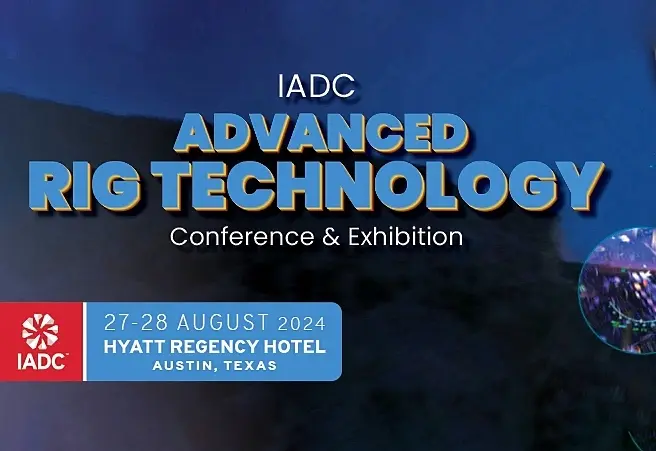Optimizing Rig Emissions: Advanced Monitoring and Reduction Strategies for Environmental Sustainability

The IADC Advanced Rig Technology (ART) Conference & Exhibition serves as a leading forum for exploring the state of the art in rig technology, downhole operations, and integrating the two seamlessly with minimal human intervention. The event also reviews activities of the IADC ART Committee, which has steadily advanced drilling technology, by exploring future technology, drilling control systems, automation, questions of reliability and more.
In collaboration with Shelf Drilling, ID3 Software co-authored a paper showcased at this year’s Advanced Rig Technology Conference & Exhibition. Our work, titled “Optimizing Rig Emissions: Advanced Monitoring and Reduction Strategies for Environmental Sustainability,” addresses the challenge of reducing greenhouse gas (GHG) emissions in drilling operations, specifically focusing on Jack-Up Rigs.
Offshore drilling operations, particularly ultra-fast batch drilling, are inherently energy-intensive, demanding substantial power and fuel consumption. The complexity of rig operations, with multiple activities occurring simultaneously, adds to the challenge of optimizing energy usage. While existing decarbonization technologies offer some potential, they are limited in scope and have yet to be adopted at scale. This highlights the urgent need for innovation and optimization within the current technological and operational framework to effectively reduce emissions and enhance sustainability in drilling operations.
The solution involves real-time data visualization and alerting, enabling immediate insights into key performance indicators (KPIs) such as engine load, fuel usage, and emissions. By continuously analyzing these KPIs, operators can make informed decisions to optimize engine performance, reduce fuel consumption, and minimize emissions. This proactive approach ensures that any deviations are quickly addressed, leading to more efficient and environmentally friendly operations.
The results of the 20-well batch drilling program demonstrated significant improvements in fuel efficiency and emission reductions. By applying real-time data visualization, KPI analysis, and automated alerts, the program aimed to optimize engine loads, reduce fuel consumption, and lower GHG emissions. The results demonstrate the effectiveness of these strategies in achieving significant improvements in both operational performance and sustainability within a large-scale drilling operation.
Moving forward, the next steps include developing algorithms to suggest engine optimization strategies, implementing a system that provides alerts to the rig crew while allowing them to make the final decisions, and creating a Smart Rig Power Management Plan to optimize power usage across all rig operations for enhanced efficiency and sustainability.

